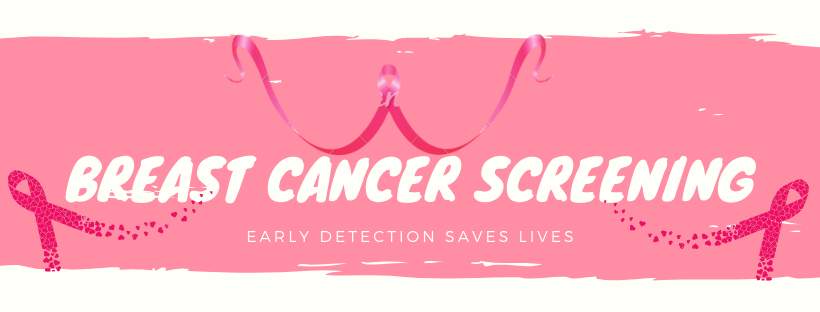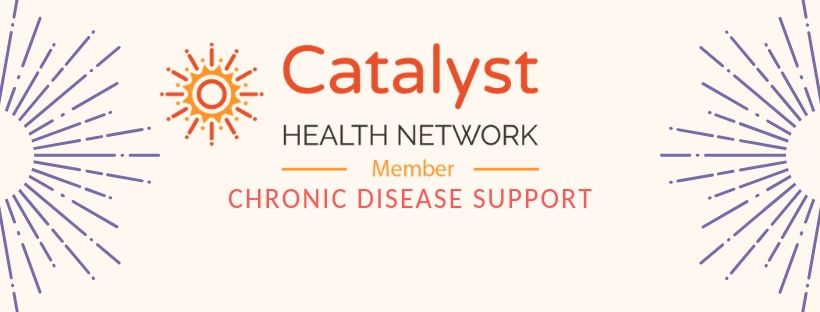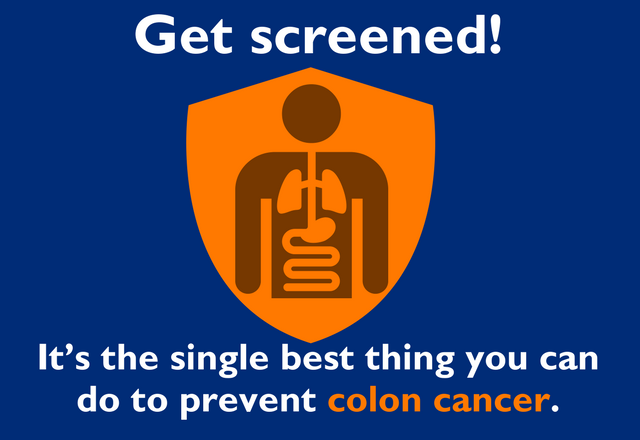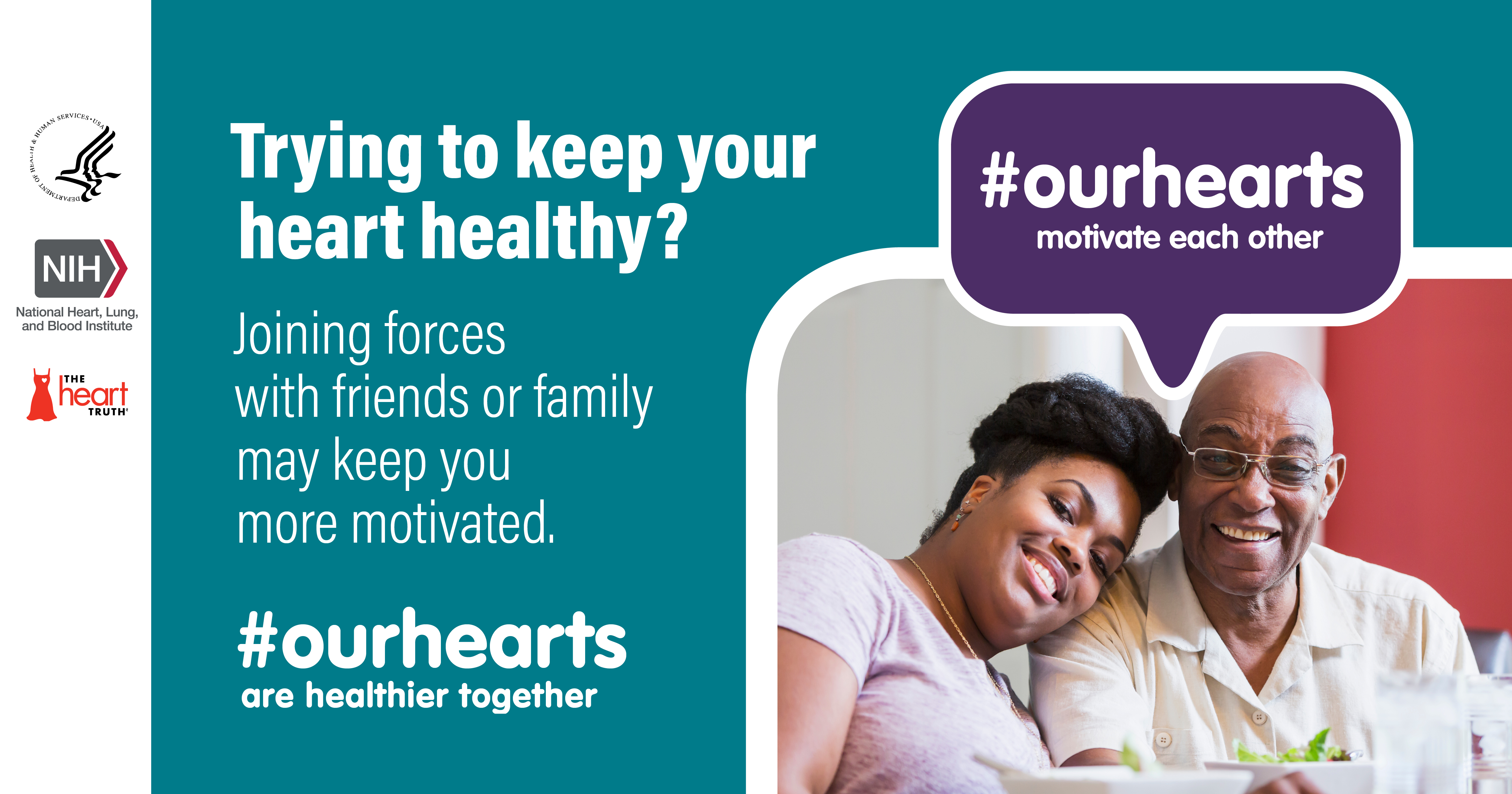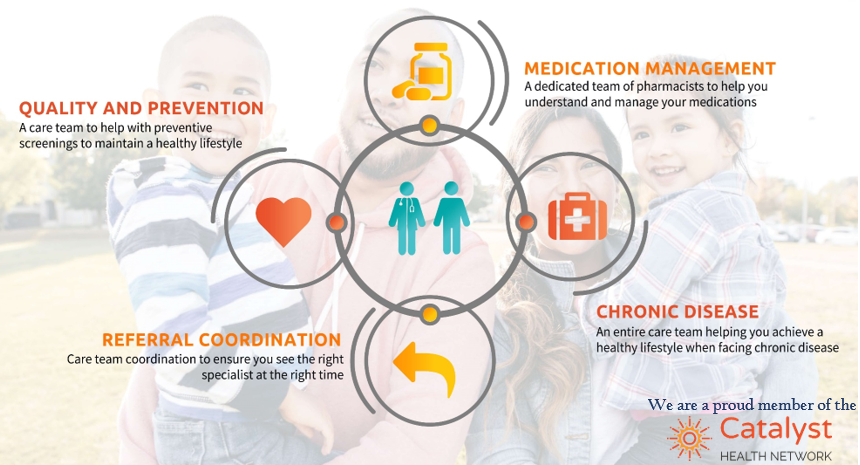Breast cancer screening means checking a woman’s breasts for cancer before there are signs or symptoms of the disease. The Breast Cancer Screening Chart compares recommendations from several leading organizations. All women need to be informed by their health care provider about the best screening options for them. When you are told about the benefits and risks of screening and decide with your health care provider whether screening is right for you—and if so, when to have it—this is called informed and shared decision-making.
Although breast cancer screening cannot prevent breast cancer, it can help find breast cancer early, when it is easier to treat. Talk to your doctor about which breast cancer screening tests are right for you, and when you should have them.
Breast Cancer Screening Recommendations
The United States Preventive Services Task Force (USPSTF) is an organization made up of doctors and disease experts who look at research on the best way to prevent diseases and make recommendations on how doctors can help patients avoid diseases or find them early.
TheUSPSTF recommends that women who are 50 to 74 years old and are at average risk for breast cancer get a mammogram every two years. Women who are 40 to 49 years old should talk to their doctor or other health care professional about when to start and how often to get a mammogram. Women should weigh the benefits and risks of screening tests when deciding whether to begin getting mammograms before age 50.
Breast Cancer Screening Tests
Mammogram
Amammogram is an X-ray of the breast. Mammograms are the best way to find breast cancer early, when it is easier to treat and before it is big enough to feel or cause symptoms. Having regular mammograms can lower the risk of dying from breast cancer. At this time, a mammogram is the best way to find breast cancer for most women.
Breast Magnetic Resonance Imaging (MRI)
A breast MRI uses magnets and radio waves to take pictures of the breast. MRI is used along with mammograms to screen women who are at high risk for getting breast cancer. Because breast MRIs may appear abnormal even when there is no cancer, they are not used for women at average risk.
Other Exams
Clinical Breast Exam
A clinical breast exam is an examination by a doctor or nurse, who uses his or her hands to feel for lumps or other changes.
Breast Self-Awareness
Being familiar with how your breasts look and feel can help you notice symptoms such as lumps, pain, or changes in size that may be of concern. These could include changes found during a breast self-exam. You should report any changes that you notice to your doctor or health care provider.
Having a clinical breast exam or doing a breast self-exam has not been found to lower the risk of dying from breast cancer.
Where Can I Go to Get Screened?
You can get screened for breast cancer at a clinic, hospital, or doctor’s office. If you want to be screened for breast cancer, call your doctor’s office. They can help you schedule an appointment.
Most health insurance plans are required to cover mammograms every one to two years for women beginning at age 40 with no out-of-pocket cost (like a co-pay, deductible, or co-insurance).
Find a mammography facility near you.
Are you worried about the cost? CDC offers free or low-cost mammograms. Find out if you qualify.

